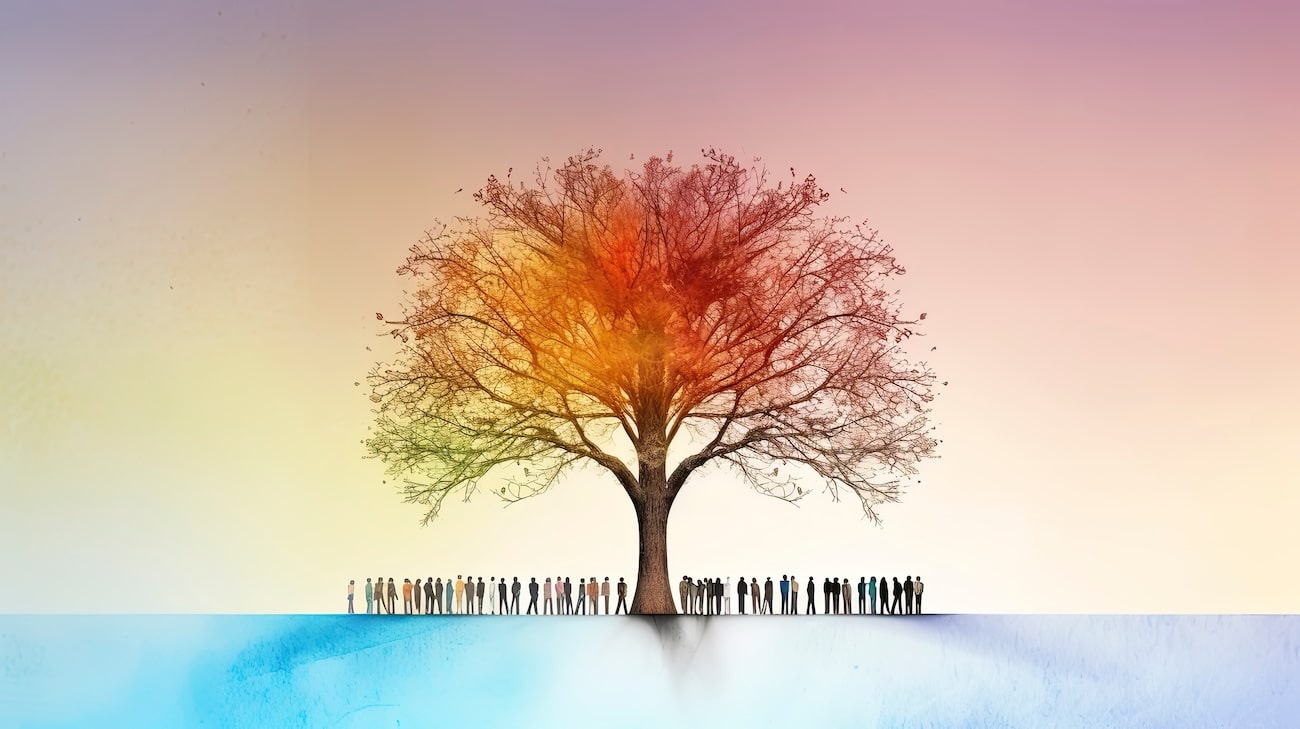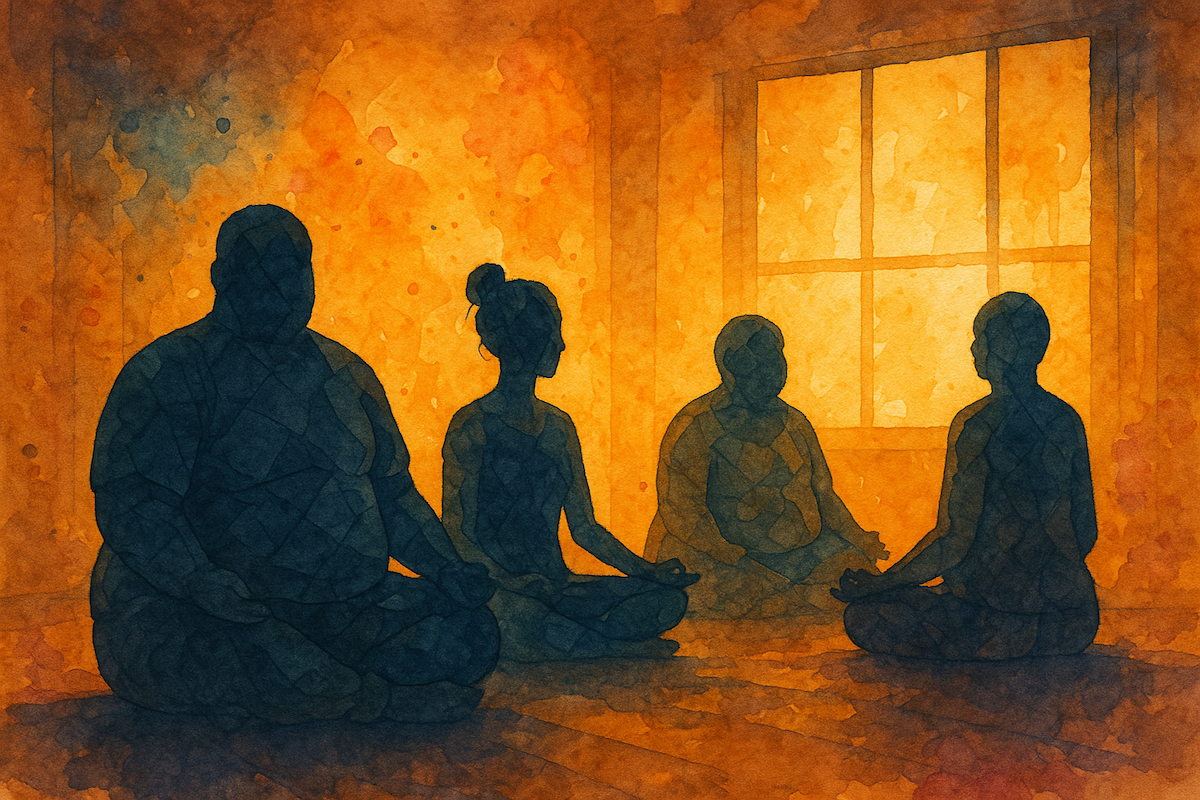When someone is living with alcohol addiction, the impact reaches far beyond the individual. Partners, parents, children, siblings, and close friends often feel the strain in emotional, financial, and relational ways. Recovery, in most cases, is not a solo journey — it’s a process that can be strengthened by community and mutual support.
Alongside professional treatment, peer-led support groups provide an invaluable layer of encouragement, accountability, and understanding. Two of the most recognized are Alcoholics Anonymous (AA) and Al-Anon Family Groups.
If you’ve heard of these groups but aren’t sure how they differ (or how each might help you or a loved one), this article will walk you through the basics. Both AA and Al-Anon offer safe, non-judgmental spaces to connect with others who “get it,” but they serve different audiences and have unique focuses.
What is Alcoholics Anonymous (AA)?
Alcoholics Anonymous (AA) is a worldwide fellowship for individuals who want to stop drinking and stay sober. Founded in 1935, its mission is simple yet powerful: to help members achieve and maintain sobriety, one day at a time, through mutual support and the 12-Step program.
AA meetings bring together individuals at every stage of recovery — from those taking their very first step toward sobriety to others who have been living alcohol-free for decades. There is no cost to attend, no formal membership process, and no obligation to speak until you feel ready. The only requirement is a genuine desire to stop drinking.
Read More: 12-Step Programs in Bucks County, PA
How AA Helps
- Peer connection – Meetings connect you with people who have faced similar challenges and understand the realities of quitting alcohol.
- Structure + accountability – The 12-Step framework offers a practical and spiritual roadmap for recovery.
- Ongoing encouragement – Meetings are available almost everywhere, with many communities offering daily options — so there’s always support within reach.
- Role models in recovery – Experienced members often mentor newcomers, showing that long-term sobriety is not only possible but sustainable.
For many, AA is more than a way to stop drinking — it’s a pathway to rebuilding life, repairing relationships, and finding a sense of belonging in a supportive community.
What Is Al-Anon?
While AA focuses on the individual struggling with alcohol use, Al-Anon is designed for their loved ones — spouses, parents, adult children, siblings, and friends. Founded in 1951 by the wife of one of AA’s co-founders, Al-Anon recognizes a crucial truth: alcohol use disorder, like all addictions, is a family disease. Even if you’re not the one drinking, you can still be deeply affected by the chaos, stress, and emotional pain that often come with it.
Al-Anon is not about trying to “fix” the alcoholic in your life. Instead, it’s about helping you heal. Members share experiences and give strength and hope to one another, using the 12 Steps to work toward healthier boundaries, self-care, and emotional well-being.
How Al-Anon Helps
- Relief from isolation – You realize you’re not alone in the confusion, frustration, or grief you feel.
- Healthier coping tools – Meetings provide strategies to navigate stress, set boundaries, and prioritize your own well-being.
- Perspective shift – You learn that you didn’t cause, can’t control, and can’t cure another person’s drinking.
- Support without judgment – Members understand the complex mix of emotions you may feel toward your loved one, including love, worry, anger, and hope.
Al-Anon is a reminder that your life matters too — and that healing is possible, regardless of whether the person you care about chooses sobriety.
Key Differences Between AA + Al-Anon
While both groups use the 12-Step model and share a spirit of mutual aid, their audiences and goals differ:
| AA | Al-Anon |
| For people who want to stop drinking | For people affected by someone else’s drinking |
| Focus on achieving and maintaining sobriety | Focus on emotional healing and self-care |
| Members share their personal experiences for avoiding alcohol and rebuilding life | Members share their personal experiences for setting boundaries and reducing stress |
| Goal: personal recovery from alcohol use disorder | Goal: personal growth despite someone else’s alcohol use disorder |
In short, AA supports individuals with drinking problems; Al-Anon supports the people who love them.
How AA + Al-Anon Can Work Together
Recovery is often strongest when everyone in the family unit has support. It’s common for someone in AA to have a spouse, parent, or child attending Al-Anon at the same time.
This parallel approach means:
- The person in AA works on sobriety without pressure or control from loved ones.
- Loved ones in Al-Anon work on their own healing and learn how to respond and communicate in healthier ways.
- The entire family benefits from reduced conflict, clearer communication, and more compassion.
Think of it as two separate but connected tracks toward a shared goal: a healthier, more peaceful life.
Why These Support Groups Matter
Addiction can be incredibly isolating, not just for the person who drinks, but for everyone around them. AA and Al-Anon create communities where judgment is replaced with understanding, and where hope is something you can borrow from others when your own feels low.
You don’t have to navigate recovery (your own or someone else’s) alone. Whether you’re seeking freedom from alcohol or peace in the midst of someone else’s drinking, there’s a seat waiting for you in a circle of people who’ve been there and want to help you find your way forward.
Finding a Meeting
Both AA and Al-Anon have meetings worldwide, in-person and online. They’re free, confidential, and welcoming to newcomers. You can attend meetings with various formats — speaker meetings, discussion meetings, or step studies — to determine what format feels most helpful for you.
To find a meeting:
- AA: Visit aa.org and use the meeting locator.
- Al-Anon: Visit al-anon.org for meeting listings.
If you’re nervous about attending your first meeting, know that many people feel the same way. You’re welcome to simply listen until you’re ready to share.
Recovery Support Groups at STR Behavioral Health
At STR Behavioral Health in Pennsylvania, we believe in the power of community at every stage of addiction treatment and recovery. As part of our treatment approach, we help our clients participate in 12-step programs and other recovery support groups throughout treatment. These support groups range from AA and Narcotics Anonymous to SMART Recovery, Dharma Recovery, and other fellowships. We encourage ongoing participation in meetings as clients step down their care needs.
Contact our admissions team today or complete the form below to learn more about our addiction treatment programs. We are here to help you or your loved one take steps toward sobriety and freedom.
Contact Us
Take the first step toward recovery today. Call now to connect with a compassionate team member who will answer your questions and guide you through the admissions process.
Prefer we reach out to you? Complete our contact form, and we’ll be in touch soon.
Admissions






